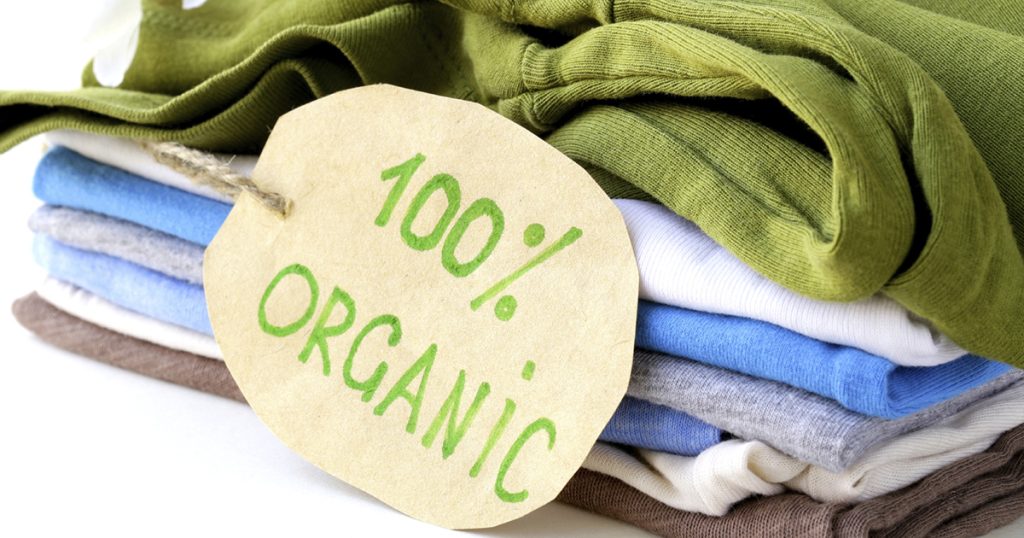
Several factors influence the production and adoption of sustainable clothing in Bangladesh. The garment industry in the country has faced challenges related to environmental and social sustainability, but efforts have been made to address these issues. Here are some factors affecting sustainable clothing in Bangladesh:
- Environmental Impact of Textile Production:
- Bangladesh has faced criticism for the environmental impact of textile production, including water pollution and chemical use. Sustainable practices aim to minimize these negative effects by promoting eco-friendly materials and production processes.
- Water Management:
- The textile industry is water-intensive, and water pollution is a significant concern. Sustainable practices involve the adoption of water management strategies, water recycling, and the use of eco-friendly dyes and chemicals.
- Chemical Management:
- Traditional textile production involves the use of numerous chemicals, some of which can be harmful. Sustainable clothing initiatives focus on reducing the use of hazardous chemicals and adopting safer alternatives.
- Fair Labor Practices:
- Ensuring fair labor practices is a key aspect of sustainability. This includes providing safe working conditions, fair wages, and respecting workers’ rights. Improving labor conditions in the garment industry is an ongoing challenge in Bangladesh.
- Social Responsibility:
- Brands and manufacturers are increasingly recognizing the importance of social responsibility. Sustainable clothing initiatives often involve supporting local communities, investing in education, and promoting social well-being.
- Certifications and Standards:
- Adherence to recognized sustainability certifications and standards, such as Global Organic Textile Standard (GOTS) or OEKO-TEX, is crucial. These certifications verify that products meet specific environmental and social criteria.
- Supply Chain Transparency:
- Transparency in the supply chain is essential for sustainable clothing. Brands and manufacturers are expected to disclose information about their supply chain practices, including sourcing of raw materials and production processes.
- Consumer Awareness:
- Increasing consumer awareness of sustainability issues is influencing purchasing decisions. Consumers are more likely to choose products from brands that demonstrate a commitment to sustainability.
- Government Policies:
- Government regulations and policies play a role in shaping sustainable practices. Bangladesh’s government and international organizations are working to implement and enforce regulations that promote sustainable and ethical practices in the garment industry.
- Innovation in Materials:
- The development and use of sustainable and eco-friendly materials, such as organic cotton, recycled polyester, and alternative fibers, contribute to reducing the environmental impact of clothing production.
- Waste Reduction and Recycling:
- Sustainable initiatives involve minimizing waste by adopting practices like recycling and upcycling. Reducing the environmental impact of textile waste is a critical consideration for sustainability.
- Collaboration and Partnerships:
- Collaboration among stakeholders, including brands, manufacturers, NGOs, and government bodies, is essential for driving sustainable practices in the garment industry.
- Economic Factors:
- The economic viability of sustainable practices is a consideration. Balancing the cost of sustainable initiatives with economic feasibility is crucial for the widespread adoption of sustainable clothing in Bangladesh.
As sustainability continues to gain importance globally, ongoing efforts and collaborations are necessary to address these factors and promote a more sustainable and ethical garment industry in Bangladesh.